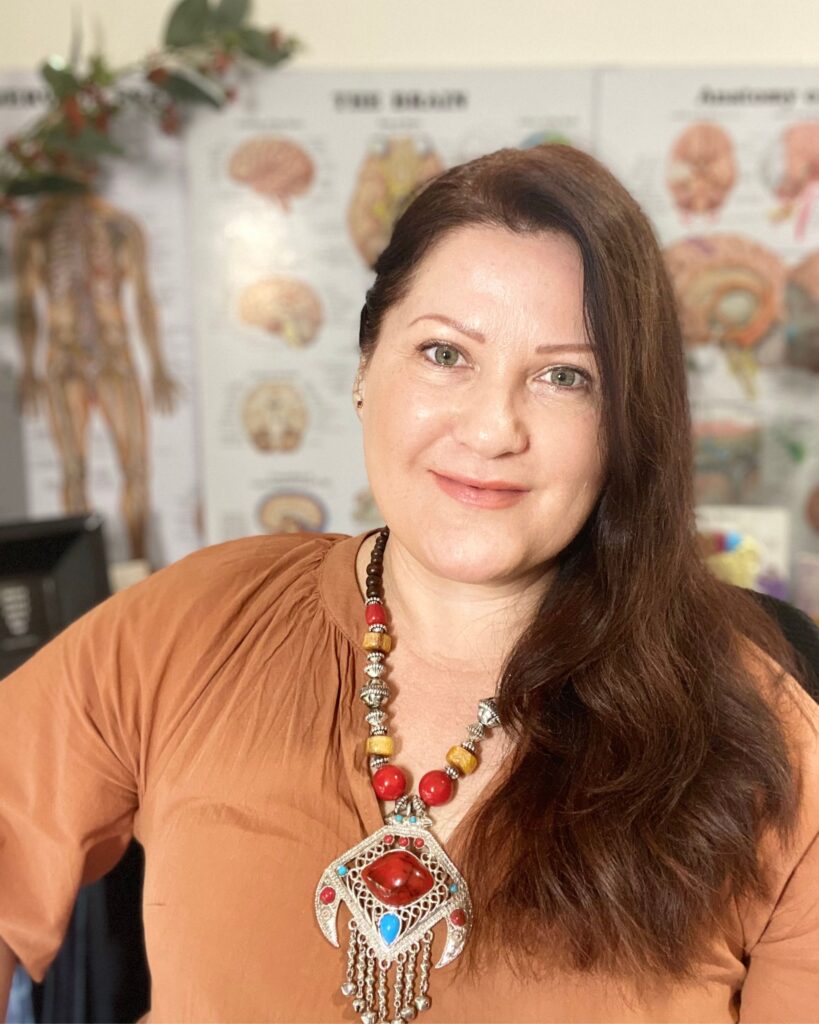Active listening skills involve more than merely hearing the spoken words.
Attentive, focused listening requires a connection with the entire conveyed message: observing body language, hand gestures and eye movements, as well as noticing shifts in the tone of voice, pitch and volume. This considers the subtle nuances and empathises with a person’s underlying emotions.
If you’re a coach, therapist or practitioner working with clients, you’ll already be flexing your active listening skills. But here are a few coaching techniques you can adopt to refine your skills and deepen your communication with clients, family and friends:
- Express Engagement: Keep eye contact, nod intermittently, and utilise your facial cues to show that you are wholly engaged and receptive. Prompt the client to proceed with brief verbal affirmations such as “I understand,” “Hmm, okay,” and “Continue.”
- Pursue Understanding: Provide feedback to mirror and elucidate your interpretation of what has been communicated. Phrases like “It appears that you’re suggesting…” or “What I’m hearing / understanding here is…” can aid in ensuring you capture their viewpoint precisely.
- Desist From Interruptions: Allow the client to fully articulate their thoughts before you respond. Interrupting can derail their train of thought, disrupt their coherence, and inhibit your ability to fully comprehend their message. It also reduces the likelihood of escalating into a misunderstanding or a break in rapport.
- Nurture Empathy: Strive to empathise with the client’s perspective, even if it deviates from yours. This understanding can aid you to respond with enhanced compassion and acceptance.
- Propose Open-Ended Questions: Instead of settling for binary yes/no questions, pose open-ended questions that encourage the client to delve deeper into their thoughts and emotions.
- Recap and Summarise: After the client presents a point, pause to rephrase their statement to confirm your comprehension. This affirms your understanding and signifies to the client that you are tuned into their dialogue. Try using phrases like, “So, to ensure I’ve got it right, you’re expressing that…”
- React Appropriately: Active listening is a reciprocal interaction between individuals. Respond in a manner that acknowledges and respects the client’s perspective, even if it conflicts with your own.
Active listening is a powerful coaching skill to enhance communication both personally and professionally, and it’s also an invaluable tool to cultivate in your clients for enhancing their interpersonal relationships.

Author:
Viki Thondley
Viki Thondley-Moore is an Integrative Holistic Counsellor, Neuro-Somatic Coach, Clinical Hypnotherapist, Mind-Body Practitioner, Wellness & Nutrition Coach, Meditation Teacher, Nervous System Educator and Disordered Eating Specialist. Viki is Founder/Director of the MindBodyFood Institute.
DOWNLOAD OUR COURSES GUIDE
Learn More About Our Course Offerings and Discover Which New Wellbeing Career Best Suits Your Passion!







